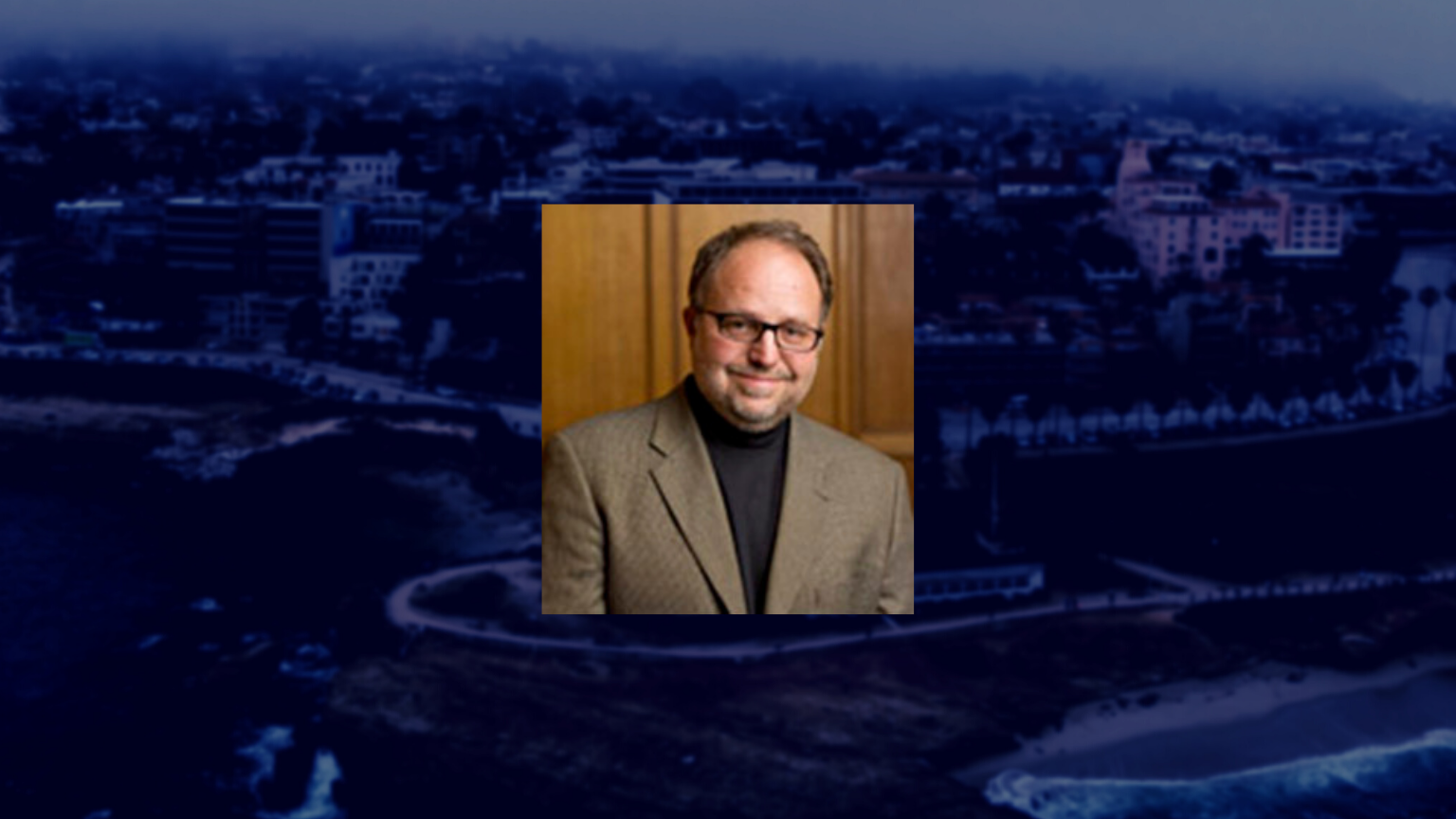As we revealed last month, a law professor at the University of San Diego (USD) was placed under investigation following a personal blog post claiming the coronavirus originated from a lab in Wuhan.
Now, the professor claims he is not being kept in the loop about the progress of the investigation and termination is a possible outcome.
“If you believe that the coronavirus did not escape from the lab in Wuhan, you have to at least consider that you are an idiot who is swallowing whole, a lot of Chinese cock swaddle,” Professor Thomas Smith wrote in a personal blog post in March. Following the resulting backlash, he clarified that “Chinese cock swaddle” was in reference to the Chinese government, not the Chinese people.
Soon after publishing the blog post, the USD Law School placed him under investigation, claiming bias complaints resulting from the remarks made in the post. The incident has since been forwarded to the USD administration for formal review.
Speaking with The College Fix, Smith said he has not been kept in the loop on the progress of the investigation. “No word on what exactly I was being investigated for, who was charging me, when the investigation would take place or any of the other things required for minimal due process,” he said.
The university would not share details of the investigation, as it was ongoing.
“This matter is under review. We are unable to provide any further information at this time,” USD’s Associate Director of Media Relation Elena Gomez said.
The Foundation of Individual Rights in Education (FIRE) has been defending Smith. The organization believes he should not be punished for speech made off-campus, and the university is violating the guidelines provided by the American Association of University Professors (AAUP).
“The University of San Diego has not explained how its investigation into Smith’s personal blog post is consistent with its strong promises of freedom of expression,” FIRE said in a statement to The College Fix. “That’s because it can’t reconcile its words with its actions.
The AAUP guidelines dictate that when professors write as private citizens, “They should be free from institutional censorship or discipline, but their special position in the community imposes special obligations.”
“Sharing your own views on a blog — outside of the classroom, which no student is required to read — is speech as a citizen, and instituting a lengthy investigation suggests that the university believes it can censor that speech. It cannot,” FIRE added.
When the controversy surrounding Smith’s blog first broke out, some faculty members in the USD Law School wrote to the the dean, Robert Schapiro, to defend him, saying he had the “right and perhaps the obligation as a citizen and an academic to comment on matters of public concern such as the Chinese government’s handling of COVID, and to do son in evocative and forceful language.”
However, some lawyers in the San Diego community have not been as supportive. Three members of different Asian-American law groups wrote an op-ed published in the San Diego Union-Tribune, insisting Smith should be fully investigated for the blog post.
“Protecting freedom and civil liberties is important,” they wrote, “but it does not absolve individuals from the consequences of their actions. As many recent events have shown, exercising a right without good judgment or discretion often leads to disaster.”
UPDATE APRIL 28: An earlier version of this article suggested the professor had been suspended. It has not been reflected to show that the professor was placed under investigation but has not yet been suspended.













